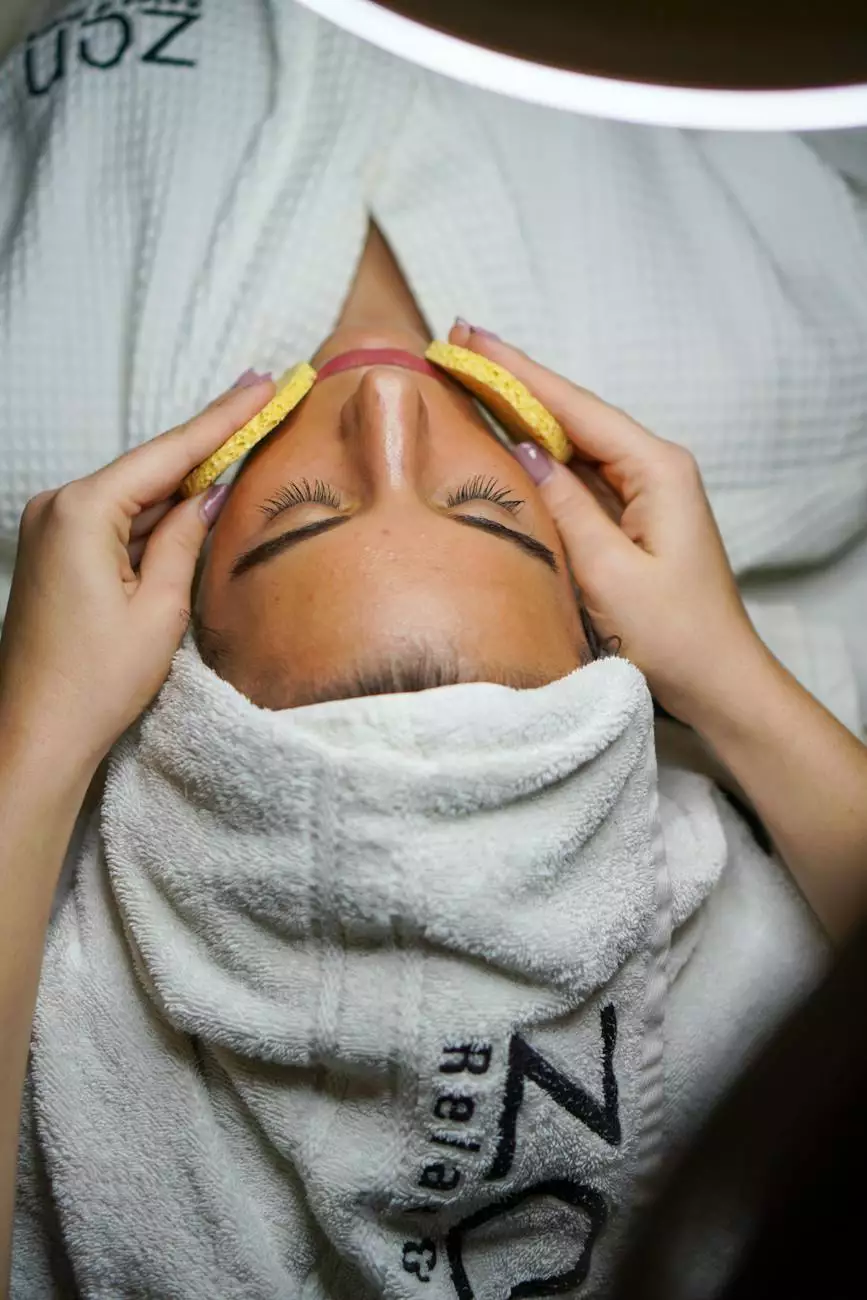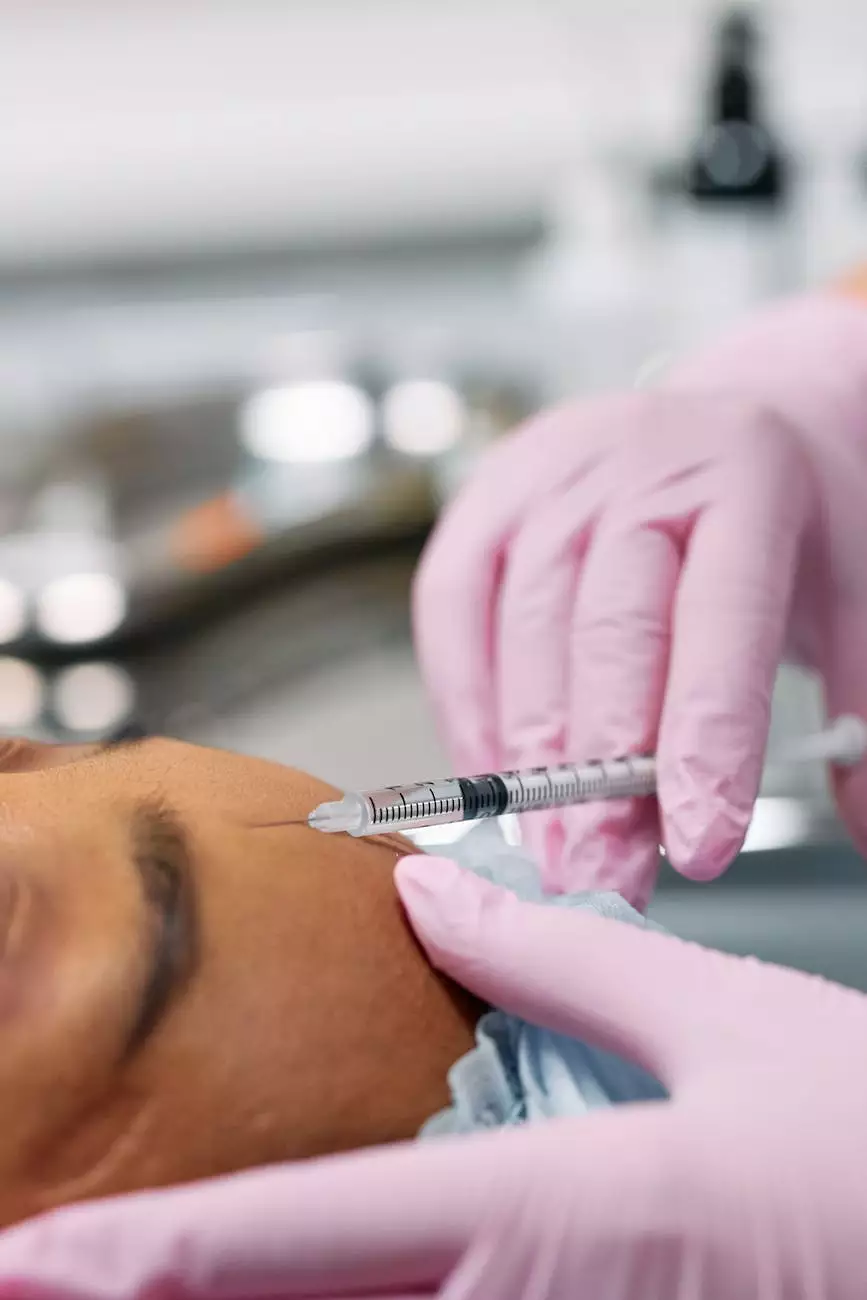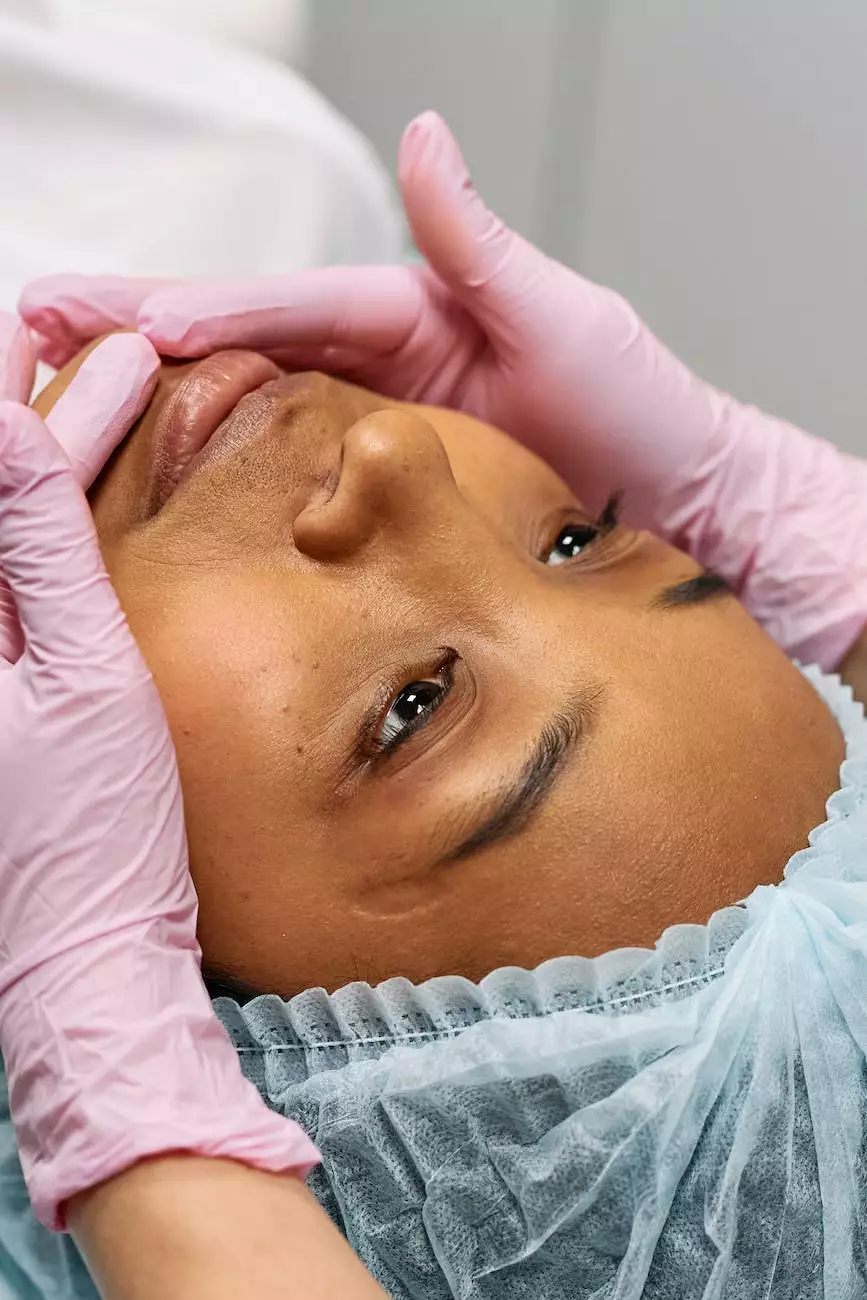Avoid Sneeze and Wheeze This Ragweed Season

Welcome to the health news section of Smith, Arthur F, MD - your trusted source for comprehensive health information. In this article, we will provide you with effective tips and recommendations to help you avoid sneezing and wheezing during the ragweed season. Ragweed allergies can be quite troublesome, but with the right knowledge and preventive measures, you can stay allergy-free and enjoy the season to the fullest.
Understanding Ragweed Allergies
Ragweed is a common flowering plant that releases pollen during the late summer and early autumn months. The pollen released by ragweed plants is a potent allergen for many individuals, often leading to the development of allergic reactions. If you experience symptoms such as sneezing, itchy and watery eyes, nasal congestion, and wheezing during this time, it is highly likely that you have a ragweed allergy.
It's important to note that ragweed pollen can travel long distances, so even if you don't have ragweed plants in your immediate vicinity, you can still be affected by its allergenic properties.
Preventive Measures for Ragweed Allergies
1. Stay informed about pollen levels: Regularly check the local pollen forecast to track the ragweed pollen count in your area. This can help you plan your outdoor activities and take appropriate precautions when pollen levels are at their peak.
2. Minimize outdoor exposure: During the ragweed season, it's best to limit your time outdoors, particularly during the early morning hours when pollen concentrations are highest. If you do need to go outside, consider wearing a mask or using an appropriate allergen barrier to reduce your exposure to ragweed pollen.
3. Keep windows closed: To prevent ragweed pollen from entering your home, make sure to keep your windows closed, especially during days with high pollen counts. Consider using air purifiers with HEPA filters to improve indoor air quality.
4. Practice good hygiene: After spending time outdoors, remember to wash your hands and change your clothes to remove any pollen particles that may have attached themselves to your skin or clothing. Showering before bedtime can also help prevent pollen from transferring to your bedding.
Treatment Options for Ragweed Allergies
While preventive measures can significantly reduce your risk of experiencing ragweed allergy symptoms, sometimes additional treatment may be necessary. Consult with a healthcare professional, such as Smith, Arthur F, MD, to develop an appropriate treatment plan tailored to your specific needs.
Treatment options for ragweed allergies may include:
- Antihistamines: These medications can help alleviate symptoms such as sneezing, itching, and nasal congestion.
- Nasal corticosteroids: These drugs are effective in reducing inflammation in the nasal passages, providing relief from congestion and nasal itching.
- Immunotherapy: Allergy shots or oral tablets can be recommended by your healthcare professional to desensitize your immune system to ragweed pollen, decreasing your allergic response over time.
Monitor Your Symptoms
It's essential to be proactive and monitor your symptoms throughout the ragweed season. Keep a record of any changes, triggers, or patterns you notice, as this information can be invaluable when discussing your allergies with a healthcare professional. Smith, Arthur F, MD can provide guidance and personalized recommendations to manage your symptoms effectively.
Remember, understanding your ragweed allergy and taking appropriate preventive measures can make a significant difference in your overall quality of life during the ragweed season. By following the guidance provided here, you can minimize sneezing, wheezing, and other uncomfortable symptoms, allowing you to fully enjoy this beautiful time of year.
For more information and personalized advice, contact Smith, Arthur F, MD today. Our team of healthcare professionals is dedicated to helping you stay healthy and allergy-free.




